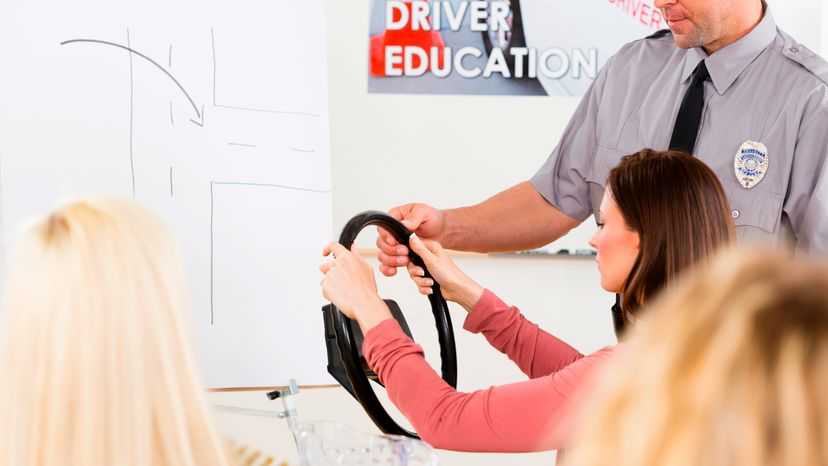
Do you have a teenager who is itching to get their driver’s license? Is your son or daughter excited about their 16th birthday because they can’t wait to get behind the wheel of the family car? As any parent knows, this can be a period of great anxiety and stress. The reasons teens are excited to get their driver’s license are often the same reasons parents are worried. Many moms and dads naturally wonder if they should enroll their children in a driver’s education program or simply teach them how to drive themselves in an empty parking lot. To be sure, there are many benefits to be derived from spending money on a driver’s education course. Here are seven benefits people should keep in mind.
Advertisement